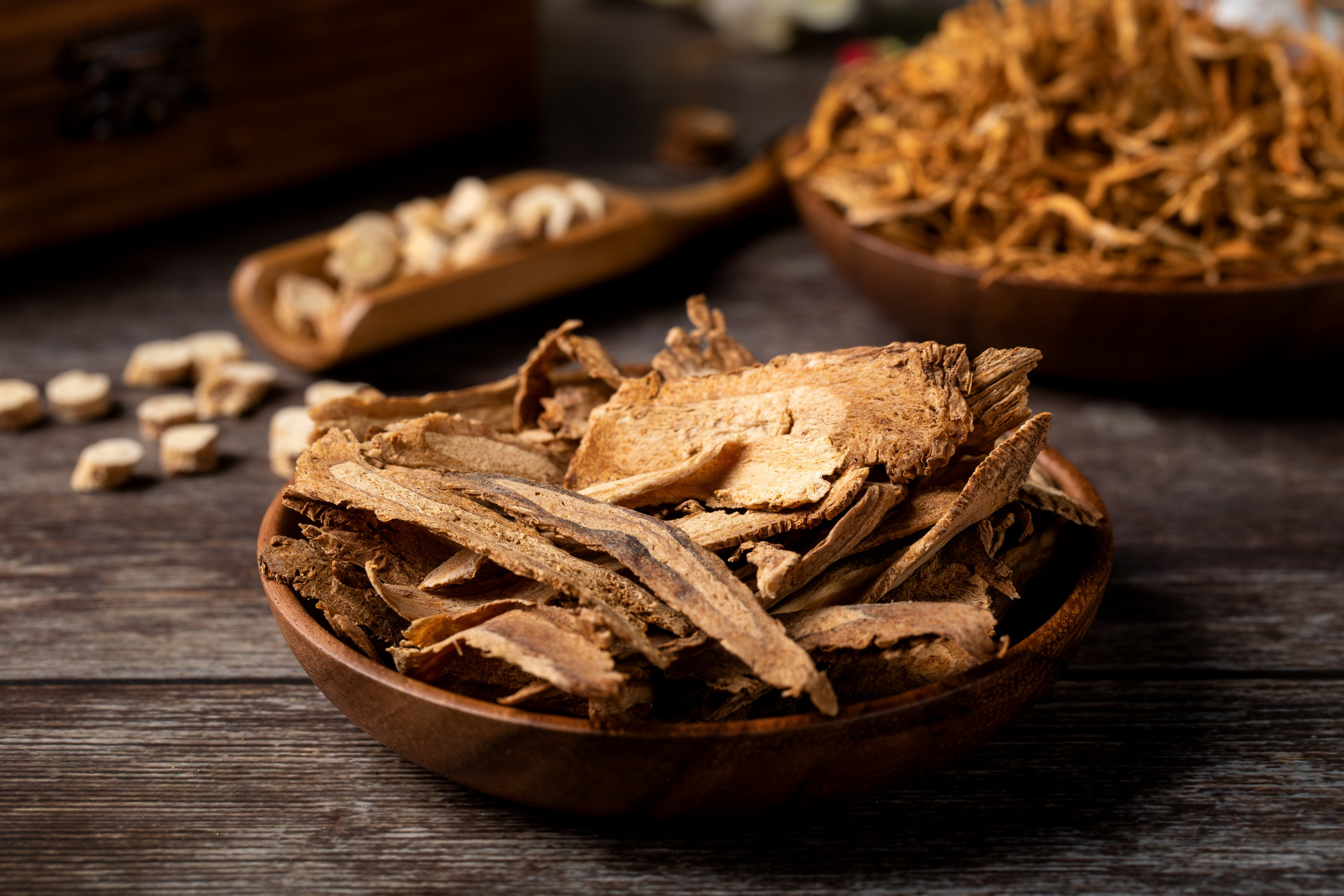Pig bristle grass is the whole grass of the ferns Dryopteris crassirhizoma and Dryopteris crassirhizoma var. thunbergii, which are common traditional Chinese medicinal plants. It can be used to treat a variety of diseases. Below are several recommended uses of pig bristle grass with good medicinal effects!
[Medicinal effects of pig bristle grass]
1. Clearing heat and resolving phlegm
Used for cough and hemoptysis due to lung heat. For treating lung heat hemoptysis, it can be used together with red grass and three-horse grass. For treating lung heat cough, it can be used together with skullcap, Houttuynia cordata, and almond.
Pig bristle grass can treat cough and phlegm caused by lung heat, and it can improve the condition of cough with phlegm.
2. Dispelling wind and diuresis
Used for rheumatic joint pain, it can be soaked in wine and taken orally. Used for children's urinary calculi, it can be used together with Equisetum arvense. Used for hot lin syndrome and hematuria, it can be used together with cinnabar and Desmodium styracifolium. Used for urinary tract infection and calculi, it can be decocted alone and taken orally.
Pig bristle grass can treat diseases of the urinary system and has diuretic and detoxifying effects.
Each medicinal herb has different effects on different diseases. Do you know what pig bristle grass is? It is a traditional Chinese medicinal herb that can treat diseases. The whole grass can be used as medicine to treat diseases. It can clear heat, detoxify, resolve phlegm, and dispel wind and dampness. Let's take a look at the medicinal effects of pig bristle grass.
[Planting methods of pig bristle grass]
1. Sufficient water
Generally, the soil should be kept moist, and sufficient water should be maintained during the growth of the plant. In dry weather, the humidity should be increased appropriately.
2. Suitable temperature
Pig bristle grass does not have strict temperature requirements. In winter, as long as the indoor temperature is above 5 degrees Celsius, in summer, it should be placed in a cool and ventilated place to maintain a temperature of about 25 degrees Celsius.
3. Soil requirements
Pig bristle grass generally grows in sandy soil rich in organic matter. It can also be cultivated with purchased potting soil. Fertilizer should be applied monthly, and it should be applied to the root system. Repotting and changing soil in spring when it needs to grow is also important.
[Compatibility and application of pig bristle grass]
1. Treatment of influenza fever: 60g of pig bristle grass, 30g of duckweed, 15g of skullcap, and 30g of gypsum. Decoction. Take it three times a day.
2. Treatment of lung heat cough and hemoptysis: 30g of pig bristle grass, 30g of Solanum nigrum, 30g of Houttuynia cordata, and 30g of Imperata cylindrica. Decoction and take orally.
3. Treatment of urinary system calculi: 30g of pig bristle grass, 30g of Desmodium styracifolium, 30g of Lysimachia christinae, 30g of Lygodium japonicum, and 30g of Vitex negundo. Decoction and take it twice a day.
4. Treatment of urinary calculi and hematuria: 15g of pig bristle grass, 15g of cinnabar, and 15g of Desmodium gangeticum. Decoction and take orally.
5. Treatment of mammary abscess: 12g of pig bristle grass, 12g of Eriocaulon buergerianum, and 30g of dandelion. Decoction and take orally.












